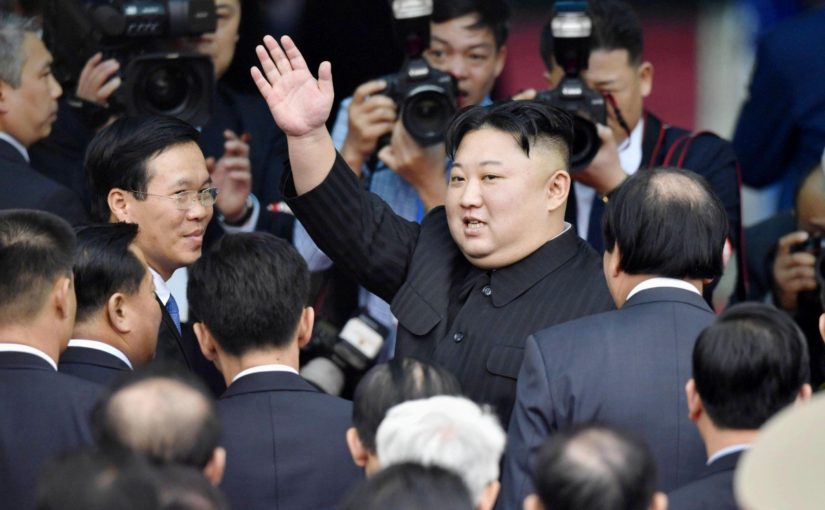Last year, I wrote an article praising President Trump for his work with North Korea, arguing the President should win the Nobel Prize for his work in the Korean Peninsula. Today, I would like to reassess my position on US foreign policy in North Korea. Recent reports that North Korea is rebuilding its Sohae launch site and the recent failed summit between the United States and North Korea have exposed the economic and strategic reality of North Korea. Current US foreign policy of heavy economic sanctions and demands for full denuclearization of the Korean peninsula will not be sufficient to denuclearize the totalitarian regime and bringing about peace in the Korean peninsula.
Economically, the United States continues to have a distorted reality when it comes to sanctions on North Korea. US Presidents, present and past, continue to believe that economic sanctions will force the North Korean government into negotiations over denuclearization. The reality, however, is far from this. While it is true that sanctions have depleted an already struggling economy, they have failed to give the United States any meaningful leverage in negotiations. The United States “maximum pressure” campaign is mostly hurting North Korean citizens, rather than the government itself as North Korea continues to find other trading partners, such as China. In addition, as seen through the North Korean government’s continuous human rights abuses, economically, the North Korean government only needs to sustain itself and its army, and couldn’t care less about the condition of its citizens. As a result, economic sanctions fail to hurt their intended target, the North Korean government, and instead, further sink North Korean citizens into poverty, while giving the United States little leverage in return.
Strategically and diplomatically, the United States fails to understand the nature of North Korea. While President Trump may be optimistic about future denuclearization in North Korea, the realistic forecast is gloomy. The North Korean government’s foreign policy is solely based on safety and security. Denuclearization would do the opposite and help trend the North Korean government towards extinction. Nuclear weapons and a powerful army provide North Korea guarantee security and survival. The possession of nuclear weapons gives North Korea protection against outside influence and threats from the United States and allies. Within the country itself, North Korea’s nuclear program and military give it power over its citizens and instill fear against rebellion within the country. Denuclearization and the destruction of its nuclear weapons program go against the two values that control North Korean foreign policy and would destroy the North Korean government’s bargaining power internationally and influence at home and could even possibly lead to a change in government.
Given these circumstances, the United States must rethink its foreign policy when it comes to North Korea. Current policy stances have left hopes for progress and the denuclearization of the Korean peninsula bleak at best. In its current status, economically and diplomatically, North Korea is simply not incentivized to listen to US demands and denuclearize. Current and future foreign policy must address this problem and address the North Korean government differently. Full denuclearization may even take a military invasion, but one thing is clear: current policy is not cutting it.
Featured image via South China Morning Post
